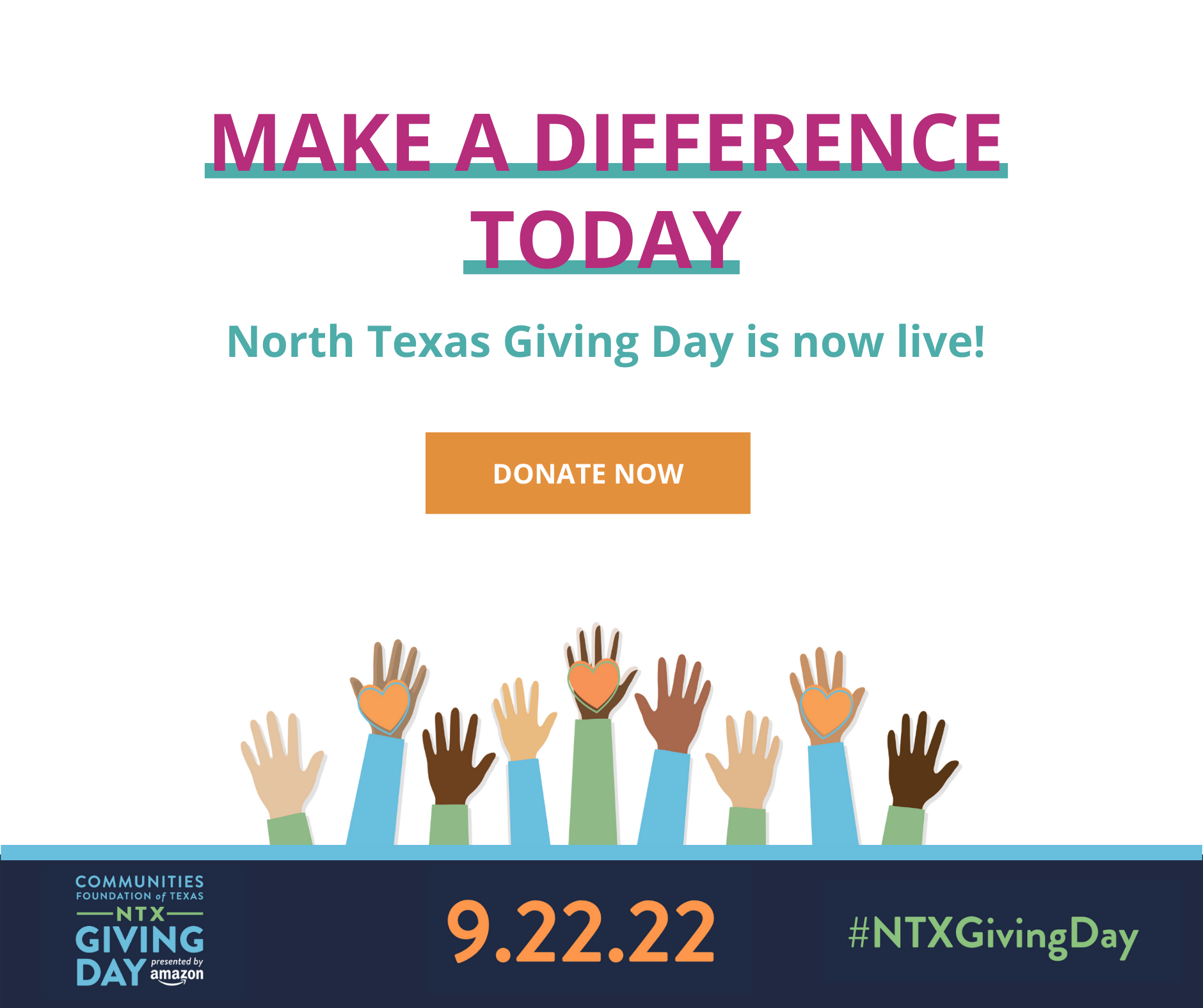The bond between a mother and child is special. Because that connection is so profound, wellbeing for an infant is largely determined by the physical and mental health of their mother. According to the American College of Obstetricians and Gynecologists (ACOG), Post-Partum Depression (PPD) is one of the most common threats to maternal mental health, affecting approximately 600,000 women a year. It is estimated that 14% to 23% of mothers will experience depression at some point during pregnancy and 5%-25% experience PPD. All women who give birth are potentially at risk. Despite that fact, many mothers with PPD struggle with guilt or shame. While PPD is highly treatable, fear of being labeled a bad mother can make it hard for women to discuss the issue or reach out for the help they need.
Symptoms of PPD include feelings of anger, crying more often than usual, withdrawing from loved ones, feeling distant from the baby, worrying or feeling overtly anxious, thinking about hurting yourself or the baby, and doubting one’s ability to care for the baby. These feelings of being unable to connect to the baby can be particularly unsettling for new mothers and particularly disruptive to the attachment and responsiveness which underlies health child development. Because the first three years of life are so foundational, untreated PPD can have lifelong consequences for children.
Simple acts of care such as hugs, smiles, and lullabies create new brain pathways for infants which develop their capacity to form memories, relationships, and logic. Post-partum depression can weaken the mother-child bond, stunting cognitive and linguistic development. A number of other negative outcomes have been linked to PPD, such as higher rates of behavioral problems and lower grades. If essential neural pathways are not formed during early childhood, they may never develop. This means that treatment is especially time sensitive; early treatment allows moms to fully bond with their children as soon as possible and to optimize their child’s early developmental period. TexProtects advocates for improving post-partum mental health and other issues which impact a child’s crucial development period through our Prenatal to Three Policy Agenda.
Destigmatizing PPD and supporting mothers with mental healthcare will help ensure every child in Texas has a strong start. Last legislative session, HB 253 mandated the creation of a five-year strategic plan to raise public awareness around PPD and to improve access to mental health screening, referral, treatment, and support services. The Texas Health and Human Services Commission (HHSC) recently released their initial draft of the Post-Partum Depression Strategic Plan for public comment. TexProtects submitted comments on that draft plan that included the following key recommendations:
- Texas should continue strong investments in programs overseen by the Department of Family and Protective Services’ (DFPS) Prevention and Early Intervention (PEI) Division – such as Texas Home Visiting, Project HOPES, Project HIP, and Texas Nurse-Family Partnership – to reach more families. These voluntary programs are proven to improve maternal and infant health, strengthen referrals and connections, and promote positive parenting.
- Texas should increase investments in Texas Family Connects, a short-term evidence-based nurse home visiting program that links nurses to moms with newborns. To encourage scale-up into more Texas regions, Texas should explore additional financing strategies, including Medicaid coverage for maternal mental health screenings, case management, and nurse visits delivered through Family Connects.
- Texas should expand Help Me Grow, a referral line and centralized access point that helps parents with young kids to get connected to community-based resources. Department of State Health Services (DSHS) Title V has recently become a statewide hub for Help Me Grow, a national model that works to create a “Centralized Access Point” for parents with young children. Included in this work is strategic integration with statewide 2-1-1 so that families have both an effective “front door” when looking to access services and a warm handoff to regional hubs where parent navigation can ensure families get access to the right program and supports at the right time.
Increasing healthy beginnings and supporting young families are critical components of our Prenatal to Three Policy Agenda. Learn more about our work to ensure infants and toddlers (and their families) have what they need to be safe and well and maximize the potential of the early years of development.



